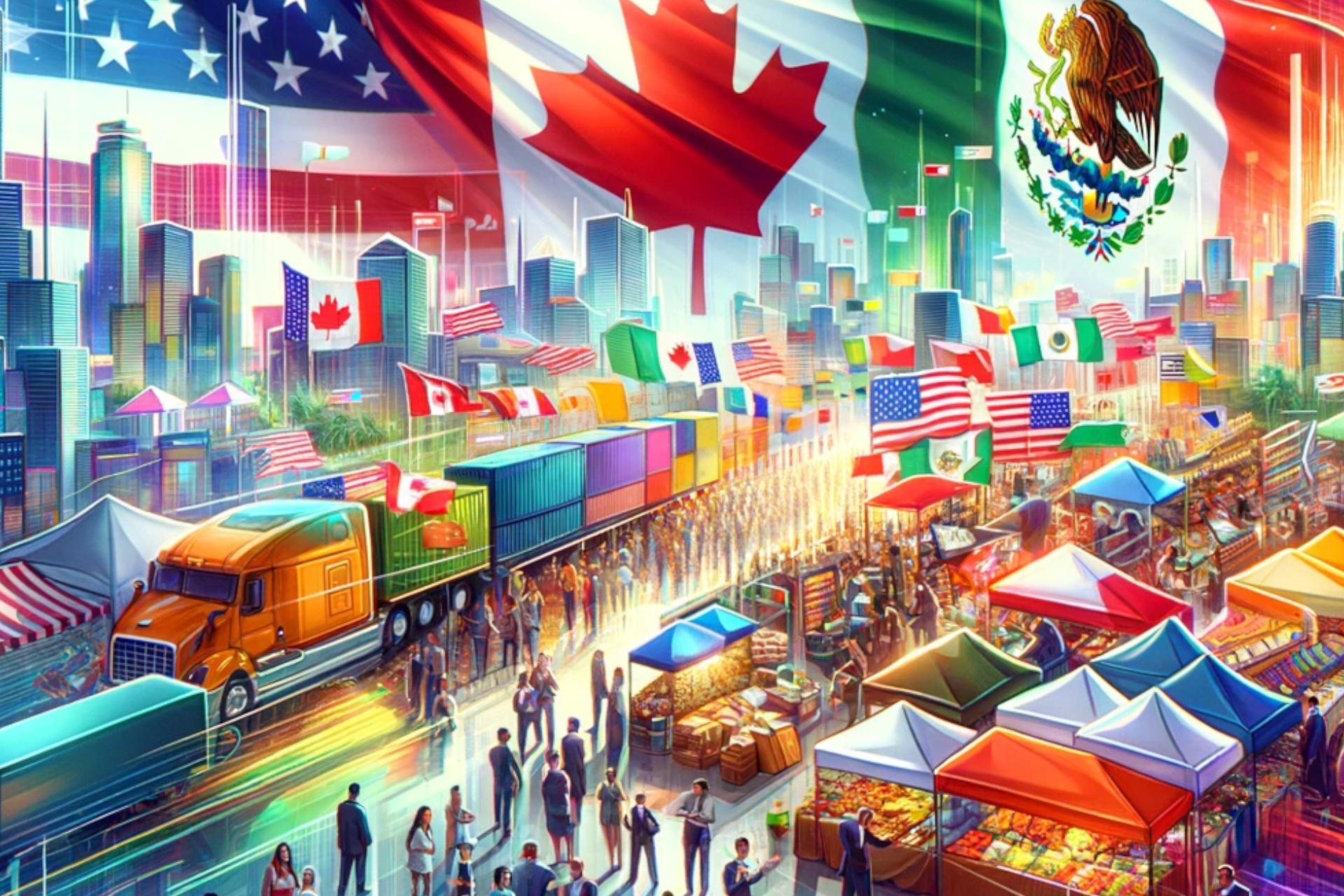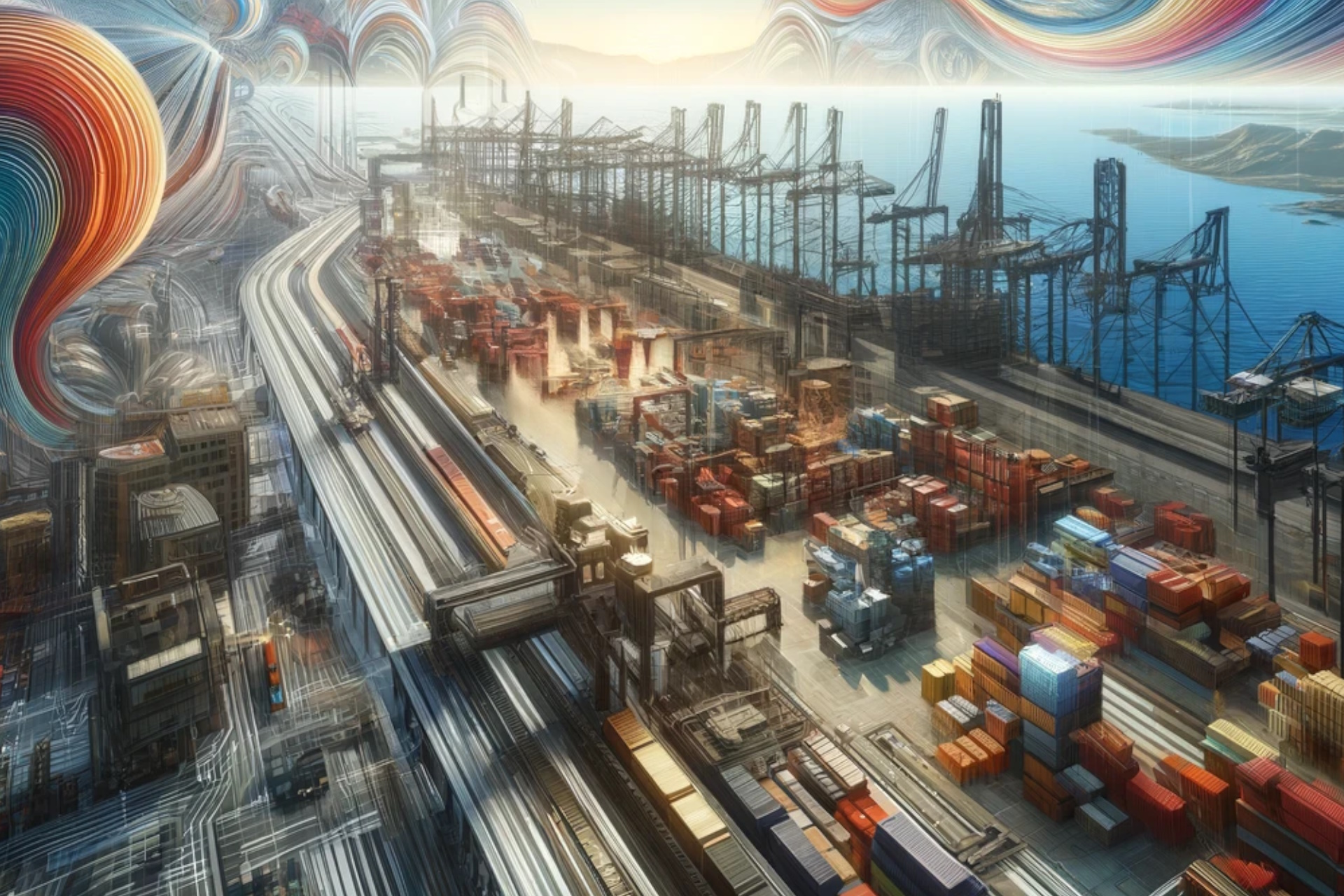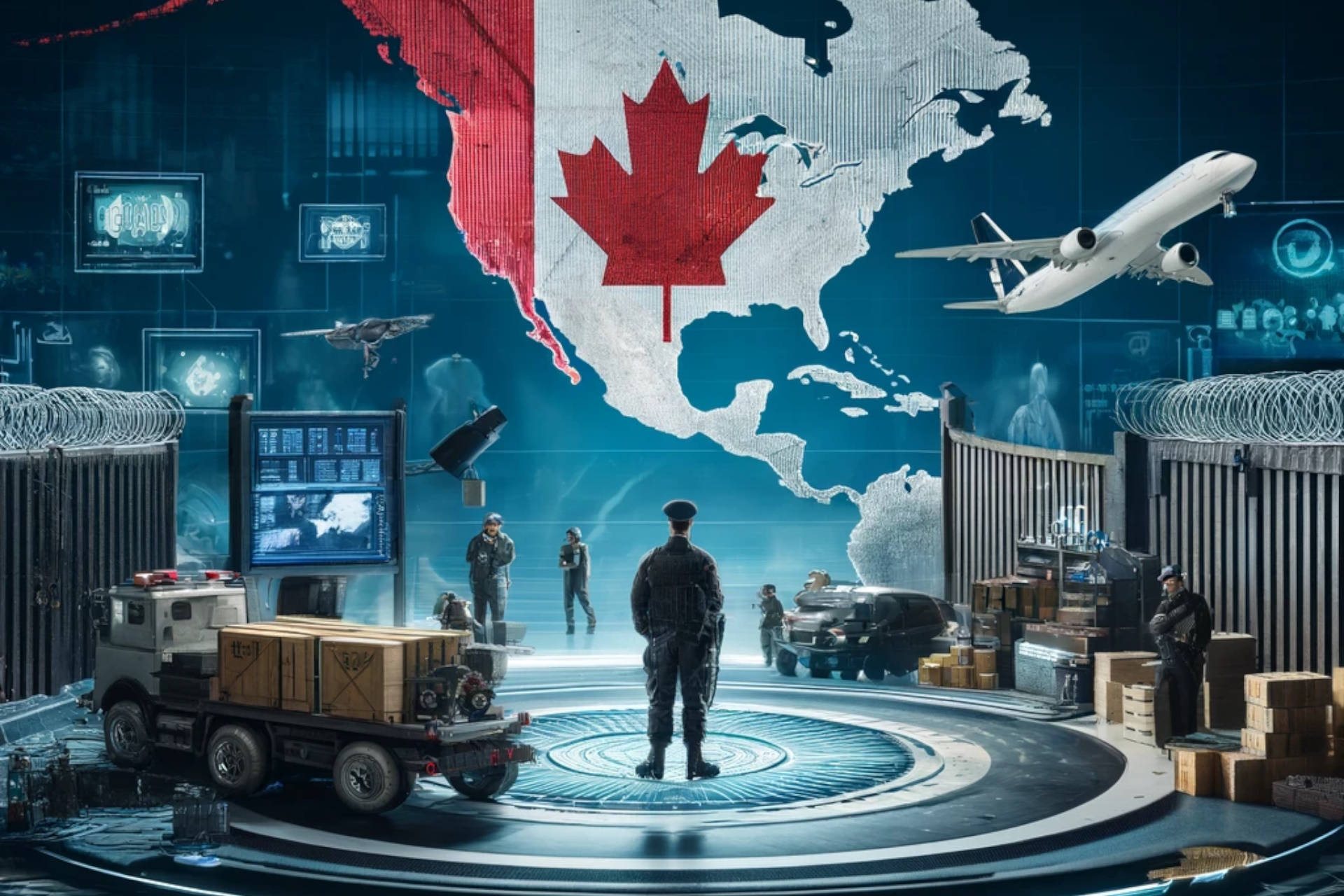The future of cross-border trade in Latin America is a dynamic arena with the potential to reshape the economic landscape of the region. While the road ahead is fraught with challenges, the opportunities for growth, development, and regional cooperation are immense. Stakeholders must navigate these complexities with strategic foresight and collaborative effort to unlock the full potential of Latin American trade integration.
The landscape of cross-border trade in Latin America is on the cusp of significant transformation. As countries within the region strive towards deeper integration, the future holds both promising opportunities and formidable challenges. This evolution is crucial not only for economic prosperity but also for socio-political stability in Latin America.
Opportunities in Regional Integration
- Enhanced Market Access - Regional integration promises expanded market access, offering businesses the chance to tap into wider consumer bases and diverse market segments. By harmonizing trade regulations and reducing tariffs, countries can facilitate smoother transactions, encouraging an influx of foreign investment and boosting local economies.
- Infrastructure Development - Investment in infrastructure is a key benefit of increased cross-border trade. Improved transport networks, such as roads, ports, and digital connectivity, are essential for efficient trade. These enhancements can lead to reduced costs and faster delivery times, making Latin American products more competitive on the global stage.
- Strengthening Supply Chains - The integration can lead to more resilient and robust supply chains within the region. By reducing dependency on extra-regional imports, countries can shield themselves from global disruptions, as seen during the COVID-19 pandemic. This shift towards intra-regional trade can foster more stable economic relations and spur industrial growth.
Challenges in Regional Integration
- Economic Disparities - One of the primary challenges is the economic disparity among Latin American countries. Varied levels of development, infrastructure, and industrial capacity can lead to unequal benefits from regional trade agreements, potentially exacerbating existing inequalities.
- Political Instability and Policy Inconsistency - Political instability and inconsistent trade policies can undermine the trust and predictability required for successful cross-border trade. Frequent changes in government and policy shifts can deter long-term investments and disrupt trade agreements, posing a significant risk to regional integration efforts.
- Infrastructure and Logistics - While infrastructure development is an opportunity, it is also a challenge due to the high costs and complex logistics involved in upgrading and harmonizing cross-border transportation and customs procedures. Effective collaboration between countries is necessary to overcome these hurdles.
#CrossBorderTrade #LatinAmerica #RegionalIntegration #EconomicDevelopment #SupplyChainResilience #TradeOpportunities #MarketAccess #InfrastructureDevelopment #PoliticalStability #TradePolicy
Read more views

















































































